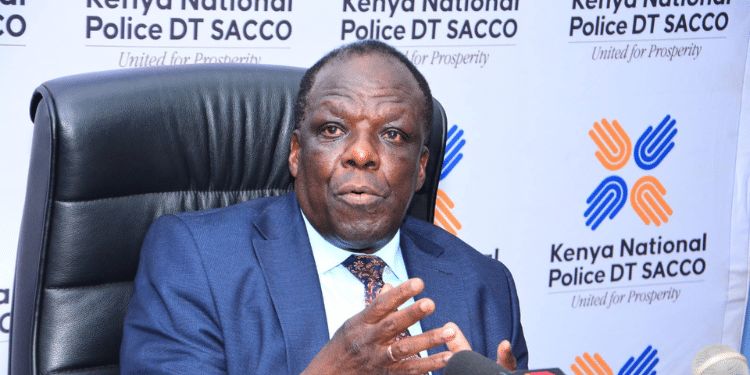A cooperative is a member-owned organisation formed to promote the social and economic interests of its members through the pooling of resources.
In Kenya, the process of registering a cooperative is governed by the Co-operative Societies Act, Cap 490. Registration is overseen by the Commissioner for Co-operative Development under the Ministry of Co-operatives.
Cooperatives are commonly formed in various sectors, including agriculture, savings and credit (SACCOs), housing, transportation, manufacturing, or trade.
The process involves meeting legal requirements, preparing documentation, and following laid-out procedures before receiving a Certificate of Registration.
Requirements to Register a Cooperative
To register a cooperative society in Kenya, applicants must meet the following conditions:
- Minimum of 10 founding members (for a primary cooperative).
- All members must be Kenyan citizens aged 18 or above.
- Each member must have a valid national ID and KRA PIN.
- Members must share a common economic or social objective.
- Agreement on the cooperative name and objectives.
- Formation of an interim committee: Chairperson, Secretary, Treasurer, and at least two other officials.
- Drafting of the cooperative by-laws following the Co-operative Societies Act.
- Agreement on share capital, entrance fees, and member contributions.
- Minutes of the founding meeting, signed by all members.
- A physical office address or location for the cooperative.
Step-by-Step Registration Process
The first step is to hold a founding meeting where members agree on the name, objectives, leadership structure, and financial contributions. Minutes from this meeting must be documented and signed.
Also Read: Govt Licenses More SACCOs to Allow Kenyans Save Money
The proposed name is then submitted to the Commissioner for Co-operative Development for approval and reservation. Once approved, it is reserved for 30 days.
The interim committee prepares registration documents, including Form I (the application form), draft bylaws, a member list, copies of ID cards, minutes of the first meeting, a feasibility or business plan, and proof of the office address. A registration fee, typically ranging from Ksh 3,000 to 5,000, must also be paid.
The completed documents are submitted to the County Cooperative Office, which verifies them and forwards them to the Commissioner. If all requirements are met, the cooperative is officially registered and issued a Certificate of Registration.
Post-Registration Obligations
After registration, the cooperative must open a bank account in its official name and set up financial and administrative systems.
Also Read: Why Select SACCOs Risk Being Shut Down
It must begin recruiting members, conducting economic activities, and maintaining accurate financial records.
The cooperative is also required to hold Annual General Meetings (AGMs), file annual returns, and submit audited financial statements to the Commissioner. Bylaws must be followed, and leadership must remain accountable to members.
Savings and Credit Cooperatives (SACCOs) that collect member deposits are required to register with the SACCO Societies Regulatory Authority (SASRA) in addition to collecting member deposits.
Follow our WhatsApp Channel and X Account for real-time news updates.



















































![Senator Allan Chesang And Chanelle Kittony Wed In A Colourful Ceremony [Photos] Trans Nzoia Senator Allan Chesang With Channelle Kittony/Oscar Sudi]( https://thekenyatimescdn-ese7d3e7ghdnbfa9.z01.azurefd.net/prodimages/uploads/2025/11/Trans-Nzoia-Senator-Allan-Chesang-with-Channelle-KittonyOscar-Sudi-360x180.png)























